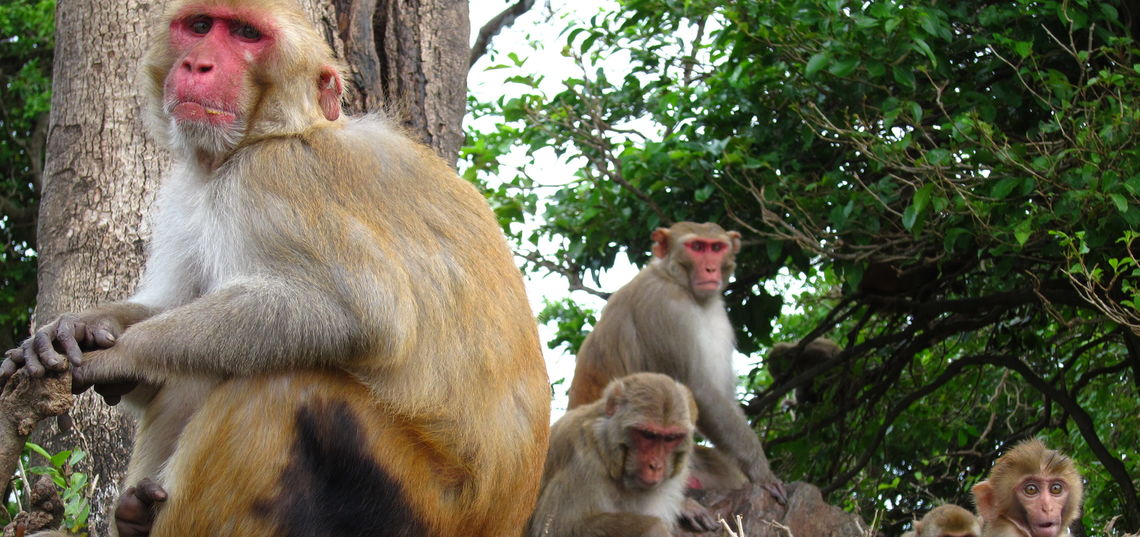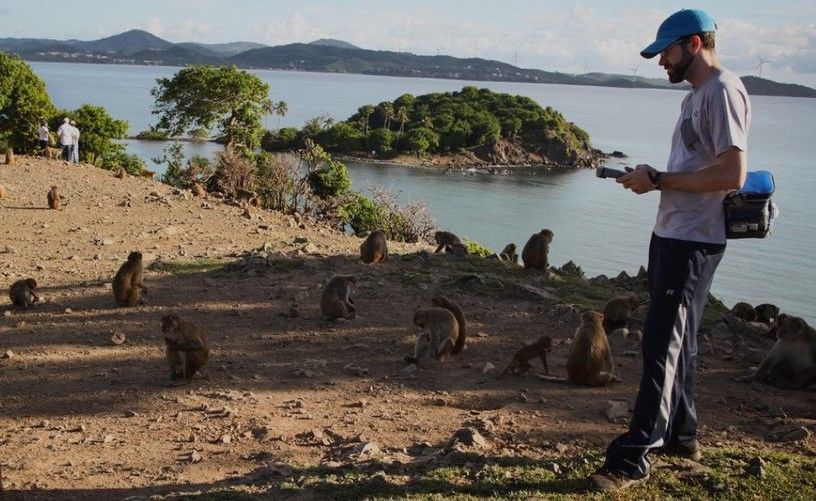
Into the Wild
The roots of human behavior extend deep into our past.
The challenges of finding food, avoiding predators, attracting mates, and managing a complex network of social relationships have been with us for longer than we've been human.
Our research combines intensive field observations of monkey social behaviors with cutting-edge genomics, proteomics, and epigenomics techniques to produce an unprecedented data set of genes, brain gene expression and epigenomics, and behavioral patterns. This work allows us to discover how genes and the environment interact to shape the structure and function of brain circuits that ultimately drive behavior.
Because the genomes and brains of monkeys and humans are so similar, we can use our findings in monkeys as a guidepost for understanding the biology of both normal and atypical human behavior. Such knowledge may help design new treatments for human disorders.
The comparative method also allows us to make stronger inferences about the evolution of the human mind.


